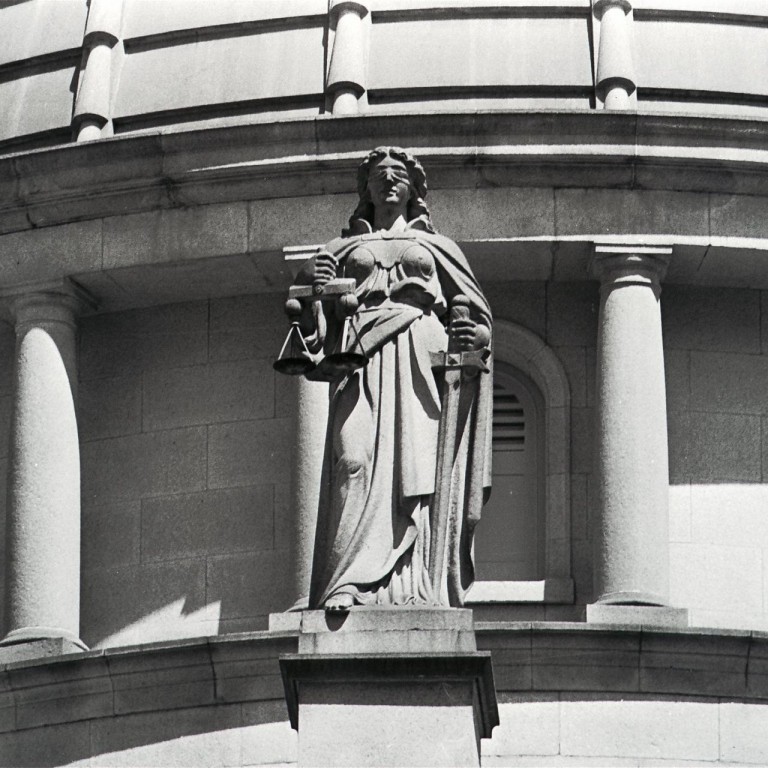
Then & now: trials and terror
Judicial oaths have been designed to scare out the truth, writes Jason Wordie
Historically, judicial systems the world over have assumed that – human nature being what it is – everyone who comes through the door will lie and dissemble.
So how did courts compel key witnesses to tell the truth, particularly if it suited their interests to be economical with the facts? And what methods were deployed to encourage honesty?
Across epochs and cultures, superstitious belief systems have helped ensure some level of judicial truth-telling. The knack has been to find a supernatural mantra powerful enough that the participant genuinely fears breaking it would bring personal, permanent (and possibly postmortem) retribution.
Moral imperatives for telling the truth – trusting that people believe being honest is the right thing to do, and consequently a worthwhile end in itself – have seldom been called upon.
For Europeans, swearing on the Bible has been the usual judicial oath. But a modern decline in real Christian belief (as opposed to this-looks-good-on-my-résumé religious observance) has greatly diminished the fear-value in this.
Bible oaths were often used in early Hong Kong by Chinese witnesses who considered – not without evidence – that doing so would make them seem more reliable to foreigners, regardless of their spiritual beliefs.
In local courts, traditional Chinese oaths were used.
“Magical” yellow paper strips, known as foo, were inscribed with truthfulness incantations, including the name of the witness, and then burned. Earthenware bowls were broken, and roosters were sacrificed and their blood imbibed – any tactic that enhanced the likelihood of the truth was deployed.

Direct oral affirmations were instituted in Hong Kong courts in 1852, but complications often ensued during translations; whether a defendant had pleaded guilty or not sometimes remained unclear.
Secret societies phrased their own oaths in highly picturesque, yet completely unambiguous, language. Vows stated that if trust was broken the malefactors would “be set upon and vanquished by a myriad of lightning bolts sent by Heaven’s Command”. Poetic shorthand for, “The boys will sharpen their choppers till they gleam and on my orders come round after midnight and summarily deal with you!” Either way, the threat was obvious.

Various other forms of “perjury” are more often deployed in Hong Kong’s contemporary courts than many may wish to accept.
Expert witness testimony is an obvious example. How can an interested witness – experts are paid to influence a case towards the desired outcome of those who have engaged their opinion – ever be “independent”?
The old Indian term “tamarind tree witness”, referring to a bystander who would reliably say whatever was needed for whoever was prepared to pay the most, translates well to a modern Hong Kong context.
No layperson (including a judge) can confidently detect when an expert is skewing a technical point in a field such as forensic handwriting. While it must be assumed that assisting the pursuit of truth and justice remains uppermost in the mind of any expert witness, one honestly has to wonder … Hong Kong – as yet – has no fixed rate for expert witness testimony.
Much as one might expect in a society where market forces triumph in areas that, perhaps, are better served when closely legislated in the commonweal, the price of an expert’s probity – oops, sorry, I mean closely considered professional judgment – becomes an agreed transaction between buyer and seller, like any other.

